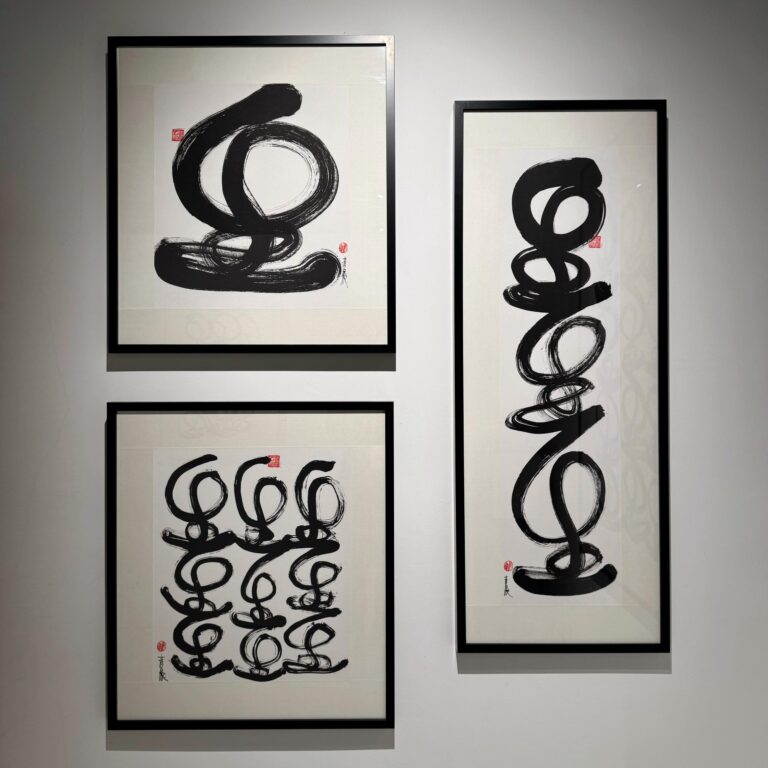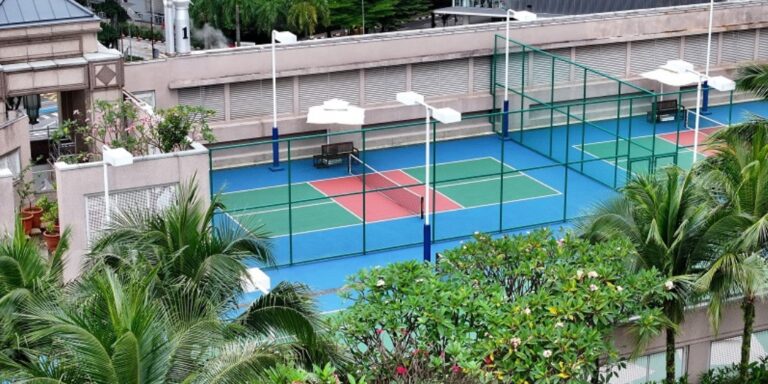The Volvo Padel Open 2025 closed with all the energy, drama, and finesse you’d expect from Malaysia’s padel scene. More than just a competition, it set a new benchmark for the local padel community, delivering a rare showcase of world-class athleticism in the heart of Asia.
For a sport still carving its place in Malaysia, the message was unmistakable: padel has arrived — and it’s here to stay
A Grand Stage for a Growing Sport
Hosted at ASCARO Kuala Lumpur, the tournament delivered four days of relentless rallies, lightning reflexes, and electric crowds. From the crack of the first serve to the decisive match point, the Volvo Padel Open 2025 was a masterclass in competitive sport and an unforgettable community moment.
The star power wasn’t just in the stands — it was on the court, with international pros and local talent clashing in high-intensity battles that pushed the boundaries of endurance and skill.
The Champions Who Owned the Court
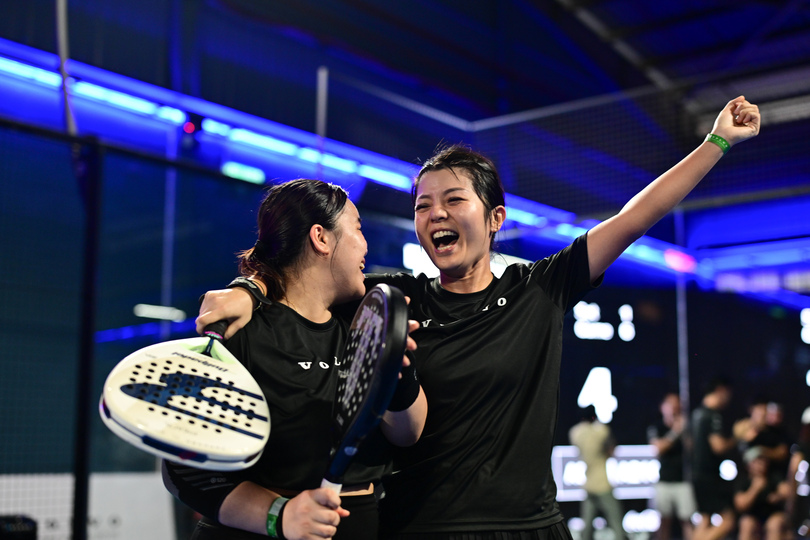
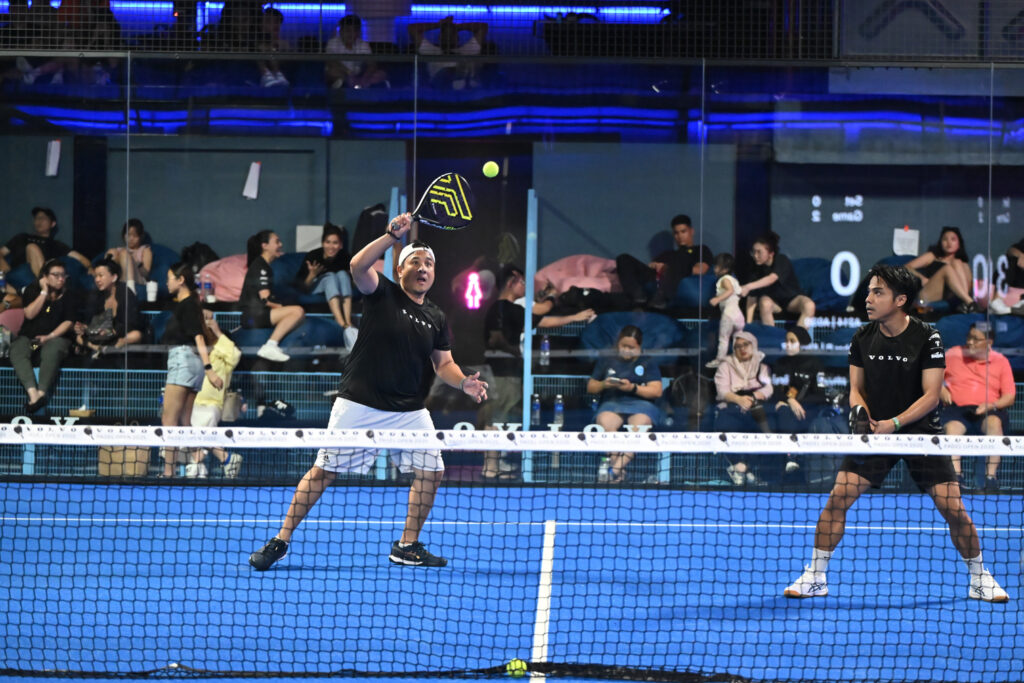
In the Men’s Category, the Spanish pairing of José Antonio García Diestro and Miguel Benítez emerged victorious, defeating Fran Ramírez and Javi Barahona in straight sets — 6-4, 6-2. It was a clinical performance, with Diestro and Benítez combining power with precision to shut down their opponents’ rhythm.
For the Women’s Category, it was another triumph for Spain as Bea González and Lucía Sainz took the title, besting Claudia Jensen and Verónica Virseda 6-2, 6-3. González and Sainz’s seamless teamwork and pinpoint shot placement kept the rallies under their control from start to finish.
In the Mixed Category, Malaysia had its moment in the sun when Chan Mei Ling partnered with Argentina’s Juan Martín Díaz to edge out Tan Jia Wei and Aitor García in a nail-biting three-set thriller — 7-5, 4-6, 10-8. The win not only electrified the home crowd but also cemented Chan’s place as one of Malaysia’s rising padel stars.
Why This Year Mattered More Than Ever
The Volvo Padel Open 2025 wasn’t just a sporting event; it was a statement of intent for the Malaysian padel scene. By drawing top-tier global players to compete alongside local talent, the tournament bridged the gap between aspiration and reality for fans and athletes alike.

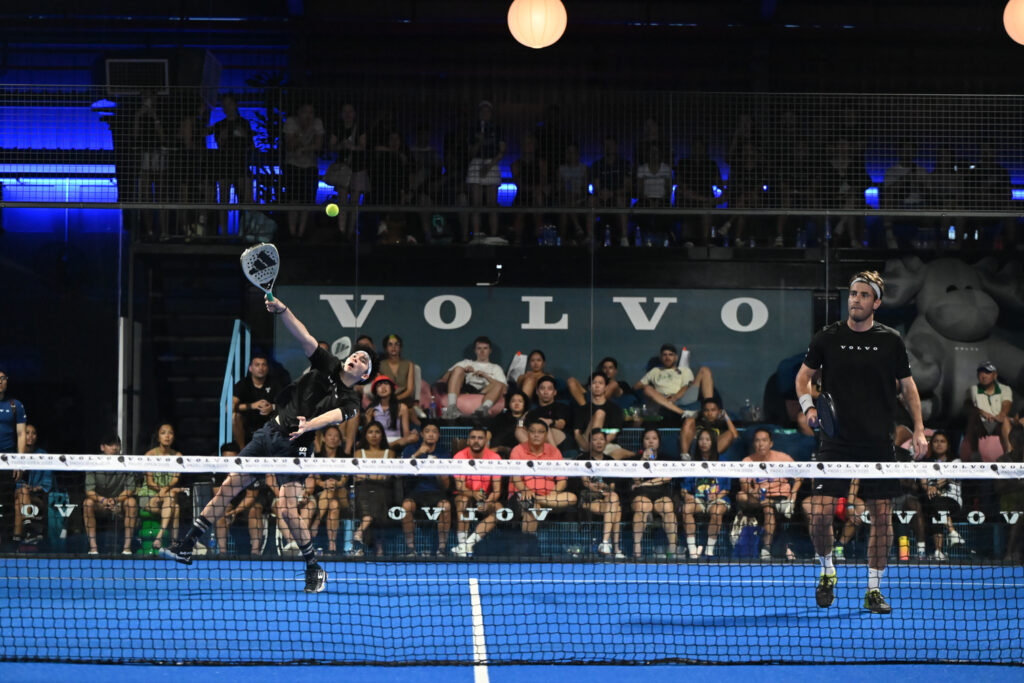
More importantly, it spotlighted Malaysia’s ability to host events that meet — and arguably exceed — international standards. From the immaculate ASCARO courts to the smooth tournament operations, everything was executed with precision worthy of the Volvo name.
A Look Ahead
If 2025 is the benchmark, Malaysia’s padel future looks bright. More grassroots initiatives are expected to follow, with clubs and academies using this momentum to grow the sport’s reach. The Volvo Padel Open has proved that when you give a sport the right platform, the audience — and the passion — will follow.
Padel in Malaysia may still be a niche, but thanks to the spectacle we’ve just witnessed, it’s now a niche with swagger, ambition, and undeniable momentum.
You Might Like








